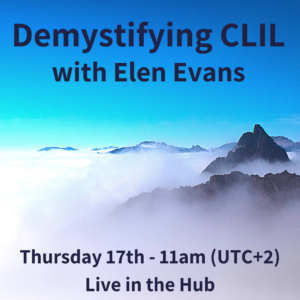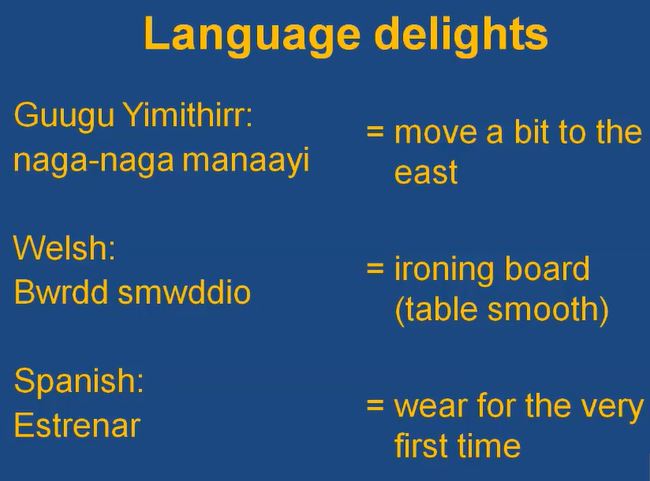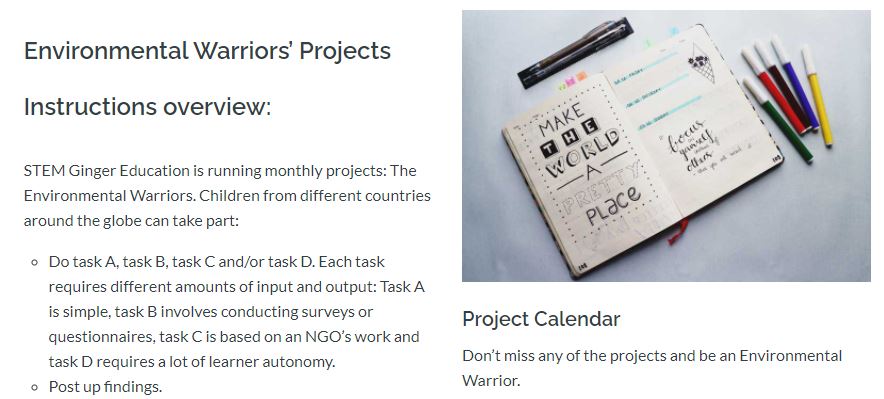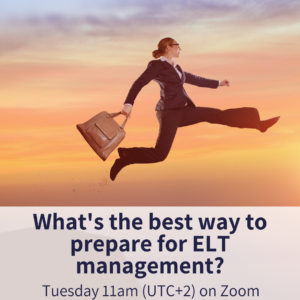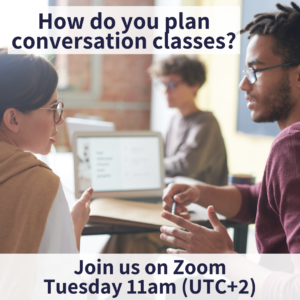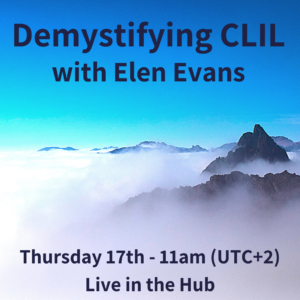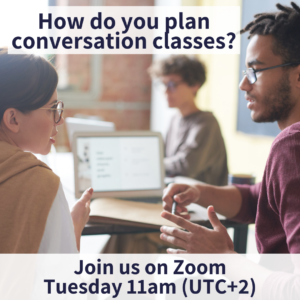


Another Friday, another Hub digest and it’s been a busy week in the Facebook group, with questions around collaborative lesson planning, our favourite conferences, digital coursebooks which are appropriate for pre-service training courses and a quick look at coaching. The Wednesday Question also got people thinking, as we shared how we’ve stepped out of comfort zone in ELT: the move online was mentioned by some people, as well as trying new methodologies and delivering training in other languages or on topics we’re less familiar with.
There was plenty of chat in the live events too, with the Monthly Management Meet Up and Coffee Breaks to keep us engaged.
Next week, we have a Focused Forum on Tuesday and then on Thursday we’ll be joined by Ixchell Reyes and Brent Warner of The DIESOL Podcast in our webinar.
We’ve also added a new feature on the Calendar page – a padlet so that Hubbers can add details of any CPD events happening.

